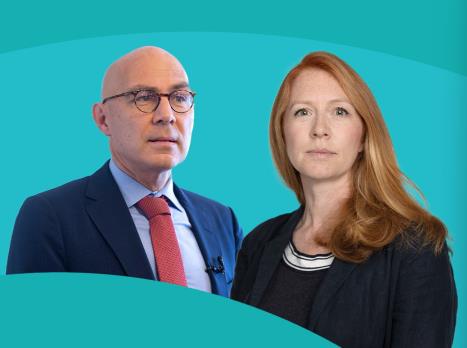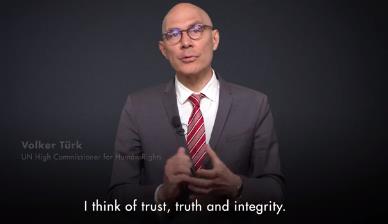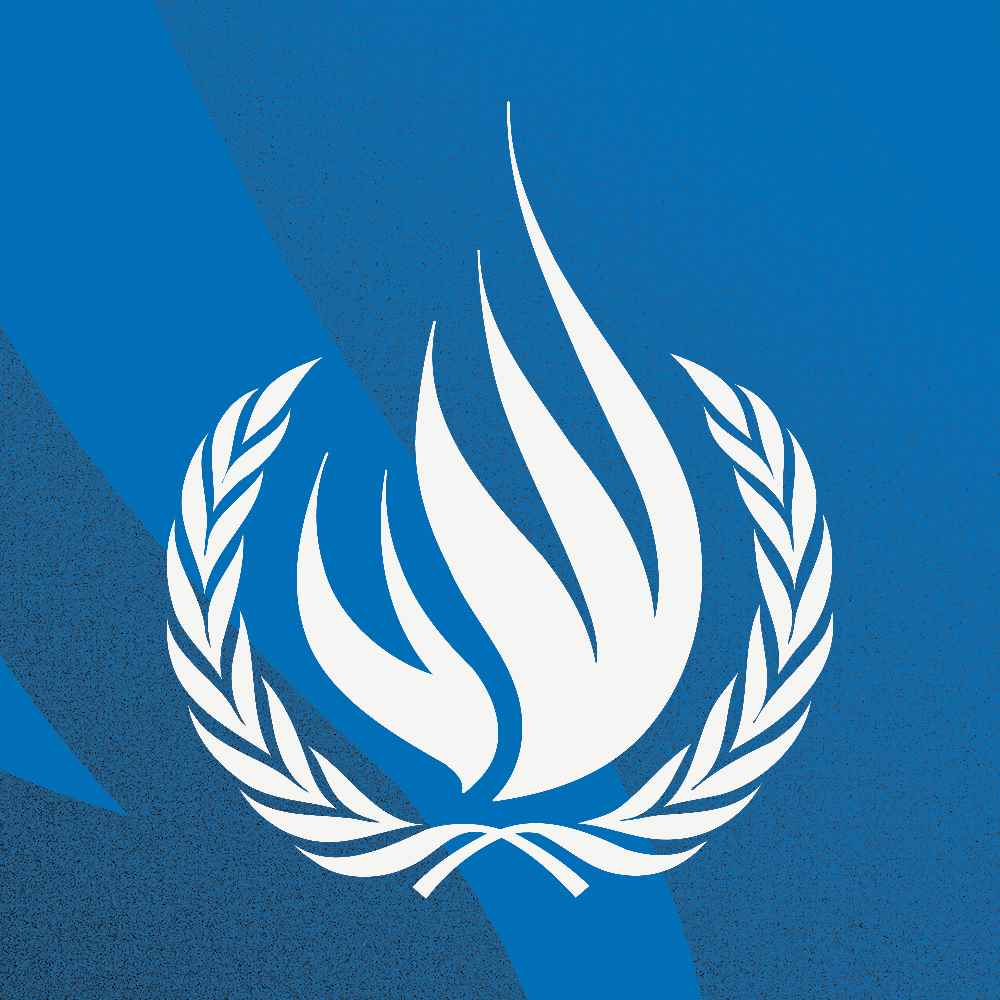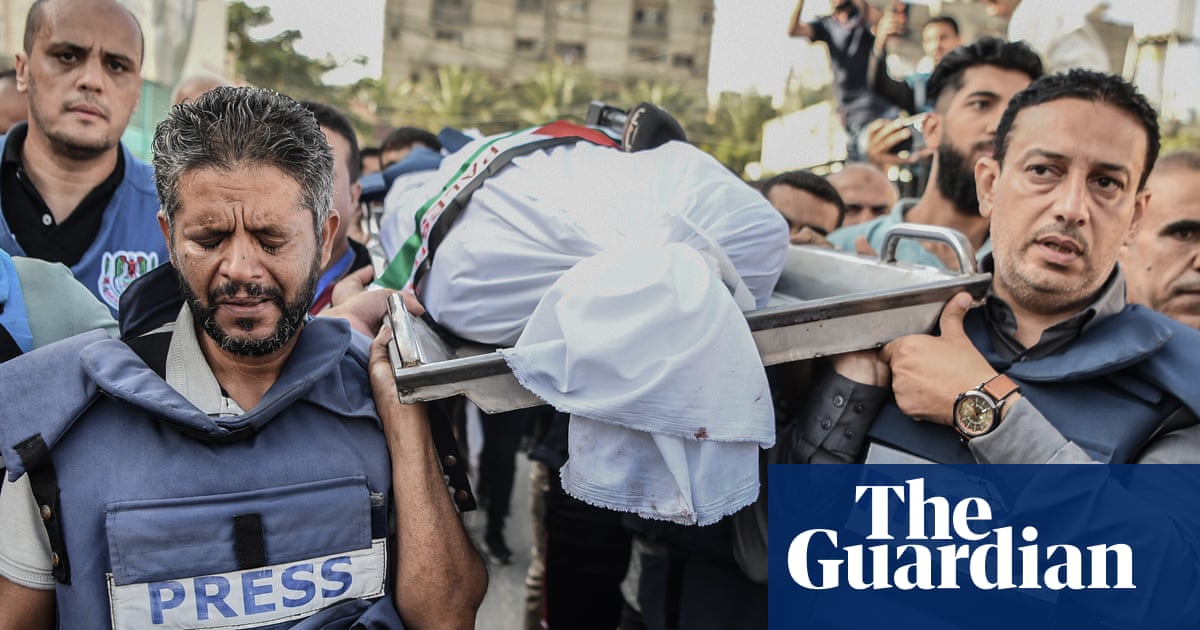
DELIVERED BY
Michelle Bachelet, UN High Commissioner for Human Rights
AT
Graduate Institute
LOCATION
Geneva
RELATED
PRESS RELEASES
Thailand: 10 years after Somchai’s disappearance, family still awaiting truth and justice
PRESS RELEASES
Deadly reprisals: UN experts deplore the events leading to the death of Chinese human rights defender Cao Shunli, and ask for full investigation
PRESS RELEASES
UN Expert on freedom of expression concludes seminar with Federal Judges in Brazil
Minister Sommaruga,
Counsellor Kanaan,
Distinguished speakers,
Colleagues,
Thank you to the City of Geneva and the Freedom Cartoonists Foundation for hosting this vital event and for putting the spotlight on the fundamental role of journalists.
It is an honour today to speak alongside two esteemed journalists, Maria Ressa and Dmitry Muratov. Operating in highly sensitive and risky media spaces where journalists are frequently subject to intimidation and arrest, both have faced a mountain of challenges in the name of safeguarding freedom of expression in their home countries.
Thank you for your vision, for your fearless dedication to hold your governments accountable, and for your commitment to upholding human rights. My Office and I continue to support your fight.
The symbolism of your Nobel Peace Prize last year could not be more pertinent in today’s world. With conflicts intensifying, many of which demonstrate little or no regard for international human rights and humanitarian law, the work of journalists to expose atrocities is ever more crucial.
Today, we gather to acknowledge the courage and determination of journalists the world over. We pay tribute especially to those who have little choice but to work amidst ever-increasing harassment, intimidation, surveillance and risk to their lives and livelihoods.
They do so for the sake of all of us. So that we have access to free, accurate and independent information. So that we can live in just and peaceful societies.
Their work helps build the foundation for some of the fundamental human rights we should all enjoy: freedom of opinion, information and expression.
Yet despite their crucial role in society, journalists continue to operate under grave threat. Whether in conflict zones, in countries with restricted civic space or high levels of organised crime, and even in so-called safe and democratic spaces, their security is increasingly at risk.
Last year, we saw that the number of journalists detained worldwide rose to 293. Legal proceedings are also increasingly being used against investigative journalists to obstruct their work.
Killings of journalists also continue around the world. As UNESCO reported, although the number of reported killings of journalists reduced last year to 55 deaths, impunity remains widespread – a shocking 87% of murders since 2006 remain unresolved.
In Mexico for example, eight journalists were killed last year and two were disappeared. Already this year, a further six journalists and one media worker have been murdered. And in Ukraine, where the fight against growing misinformation and propaganda is ever more crucial amidst the context of the ongoing Russian armed attack, there have been twelve journalists killed.
Colleagues,
I turn now to the focus of this year’s World Press Freedom Day, which highlights the very real threat that surveillance poses to journalists’ work.
Rising use of surveillance tools – such as the Pegasus or Candiru spyware – intrudes deeply into people’s devices and lives.
Such tools are an affront to the right to privacy and an obstruction to freedom of expression.
The use of spyware has led to arrests, intimidation and even killings of journalists. It has endangered their sources. It has put their families at risk.
To counter these risks, journalists are often forced to take the dangerous path of self-censorship.
Pegasus spyware is reportedly being used in at least 45 countries, often in total secrecy and outside of any legal framework.
New and rapidly evolving surveillance methods pose a raft of risks and challenges. But we must recall that we have a legal foundation to respond to them.
The international human rights framework, in particular the International Covenant on Political and Civil Rights, provides such a foundation. The UN Guiding Principles on Business and Human Rights also provides a framework for the private section, including for private surveillance companies.
Today, however, countries are failing journalists by failing to enforce these frameworks. We are seeing a rapid rise in the international sale of surveillance tools, with the market thriving due to lack of regulations and controls.
In my recent call for a moratorium on this, I stated that until human rights safeguards are in place, we must stop the export, sale, transfer and use or servicing of privately developed surveillance tools. I thank the organisations and States who have supported this moratorium, as well as the Special Rapporteur on Freedom of Expression who has advocated strongly for it to be implemented.
I urge States who purchase or use surveillance technologies to do so in accordance with human rights standards. They must ask three crucial questions in this assessment: Are the tools legal? Are they necessary? Are they proportional to any risk? Domestic laws must only permit their use if they meet a legitimate goal. They must also recognise the right to remedy and should maintain strong and independent oversight measures.
States also need to establish mechanisms to regulate the purchase and supply of surveillance technologies. They must ensure companies themselves are accountable. This can be done by implementing requirements for them to be transparent in the design and use of surveillance products and to carry out robust human rights due diligence.
Respecting human rights is not just the duty of States. I encourage private surveillance companies to publicly affirm their responsibility to respect freedom of expression and privacy, to undertake human rights due diligence, and to carry out transparent reporting on their activities. Crucially, this should be done in regular consultation with civil society.
Colleagues,
This event gives us the occasion to reflect upon these challenges, and to share experiences, good practices and solutions.
It presents us with an opportunity to take concrete actions to promote a free and independent press – one of the best tools we have to combat disinformation, build public trust and protect and promote human rights.
By tackling the threats of surveillance to journalists, we will be fortunate enough to hear and read about the realities of our world – whether in all of its tragedy, its chaos or its glory- without risk or danger to the people who are bringing us the stories.
To all the journalists present today, and to all journalists working around the world, often under perilous circumstances, I honour your brave and fearless commitment to bring us truth.
Your voices, your insights, your ideas and your analysis bring to light the human stories – and human tragedy – that otherwise would be invisible to the world.
Thank you for the work that you do.










